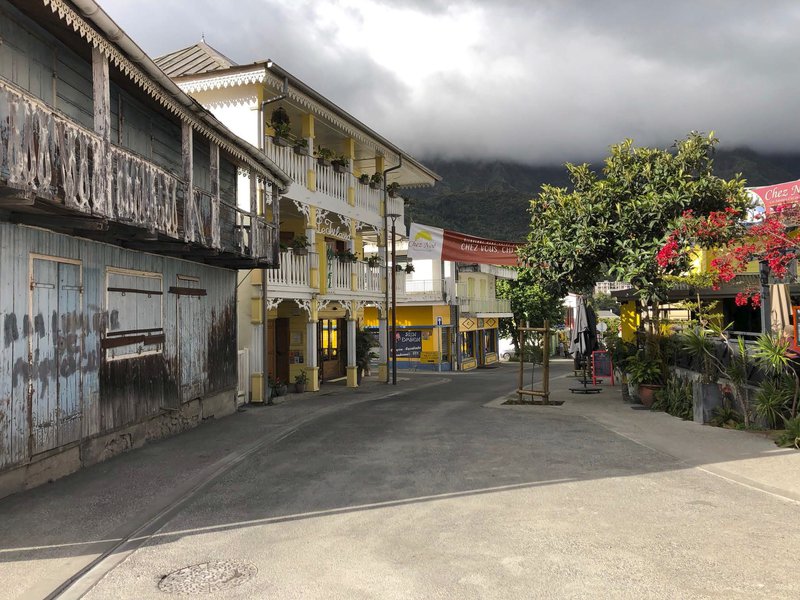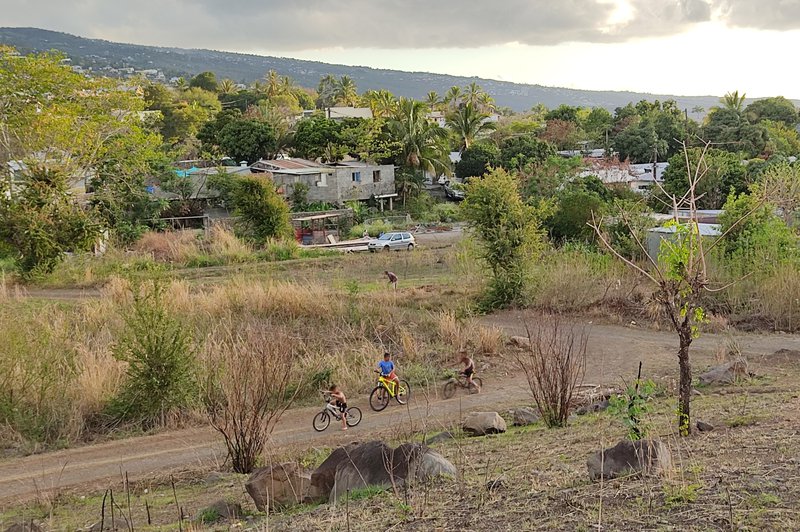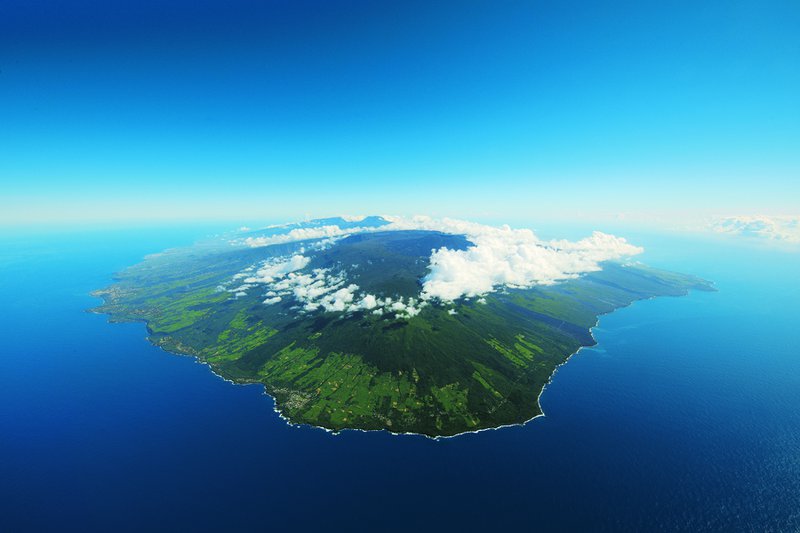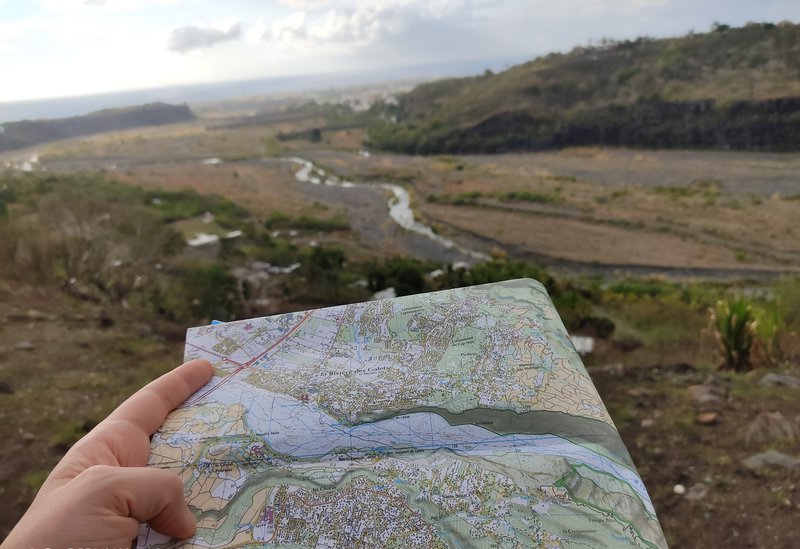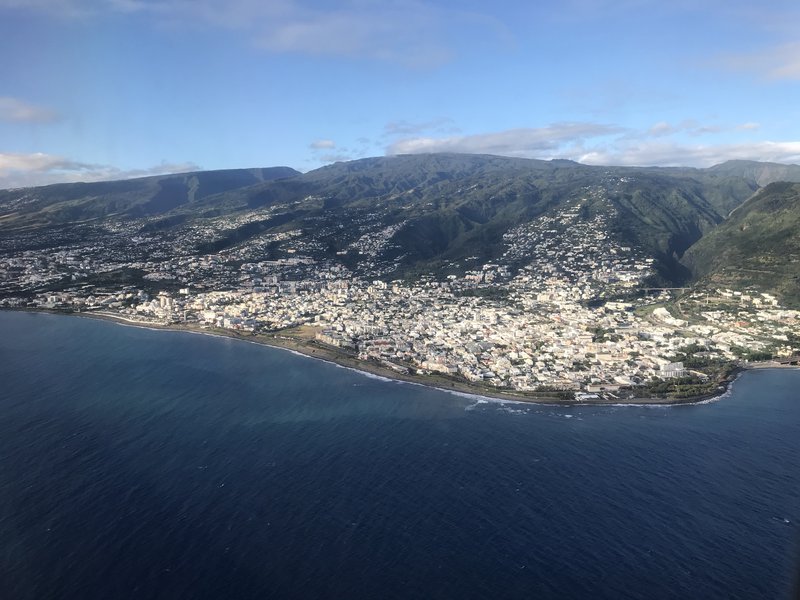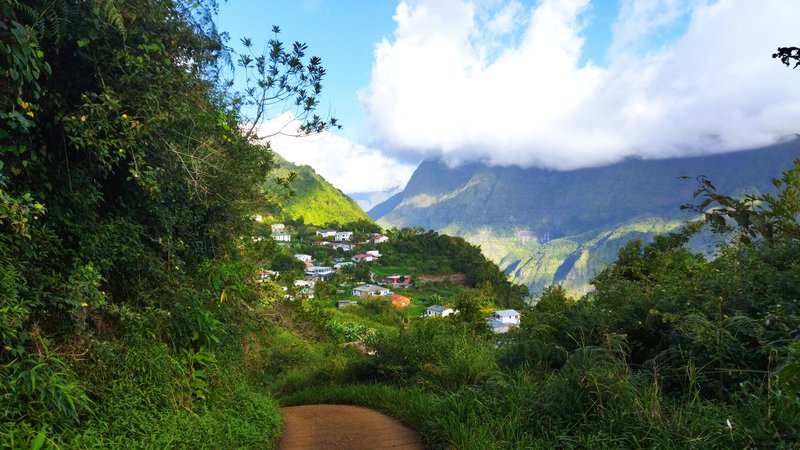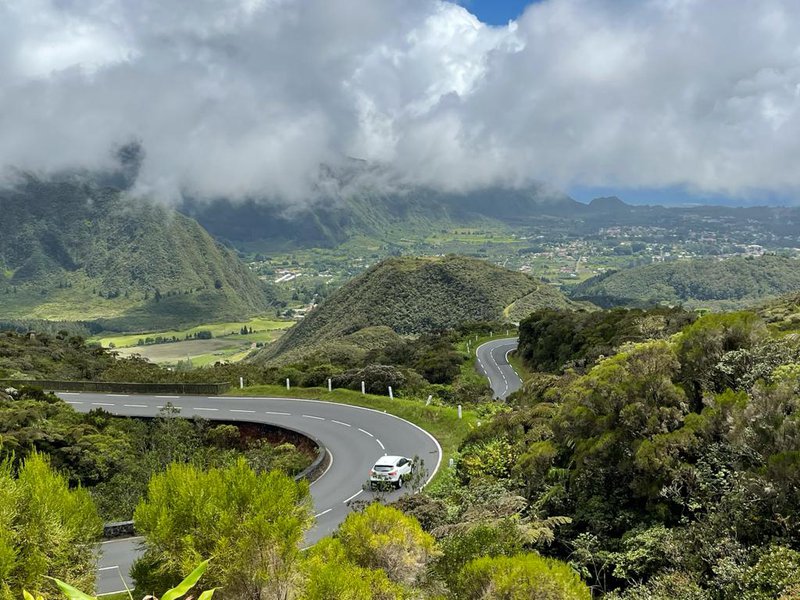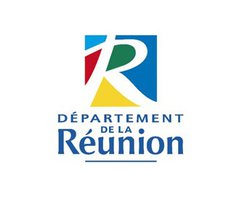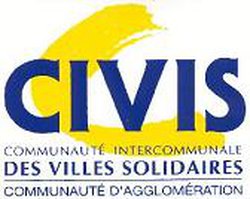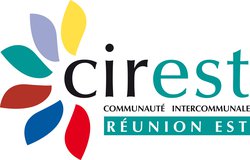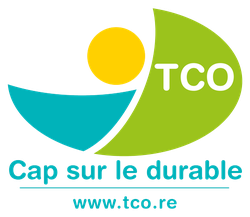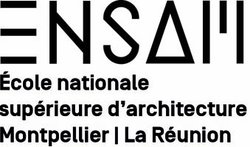Island territories facing climate change - Reunion Island
Les Ateliers de Cergy, in partnership with the Agence Française de Développement and local stakeholders, are organizing an international urban planning workshop in Réunion Island, France. This exceptional workshop willl be developed in relation with experts from other islands to learn lessons for different island territories, especially in the Indian Ocean.
During two weeks, 15 international and local experts (urban planners, architects, geographers, landscape designers, environmentalists, sociologists, economists, artists...) will take part in this on site international workshop of urban planning and design.
The climate change effects are particular concern in island territories, as they are part of a constant dynamic of exchange and flow, while having limited resources and fragile ecosystems. Island territories are indeed facing multiple challenges reinforced by climate change: coastline retreat, dependence on fossil fuels, limited land reserves, insufficient food self-sufficiency, vulnerability of the ecosystem, limited resources… While these threats are shared by all the islands, the cultural and geographical contexts remain different: resilient solutions need to be rooted in the local essence of each island territory.
Réunion Island is a rich and diverse territory with invaluable natural and cultural assets. More than 850,000 people live in this diverse area, which is made up of volcanoes, cliffs, rivers, flatlands and an exceptional biodiversity depending on the proximity to the sea, elevation, wind exposure, etc. Human activities, with their rich cultures and know-how, are part of the dynamic evolution of its immensely rich but also extremely fragile ecosystems. As the territory’s infrastructure is getting more and more saturated and while the available land is rare, the path of resilience may be based on diversity and the attachment to nature, both at the heart of the Réunion identity.
How can natural spaces and food-producing land be preserved while accommodating population and urban growth in an affordable way?
How can we involve the population and mobilize ancestral know-how and memory in the repair and preventive maintenance of the territory to prepare it for risks?
What complementarities and joint learning processes can the island territories of the Indian Ocean develop?
The workshop is organised with the Réunion Region, the Département of La Réunion, and the intercommunalities of CIVIS, TCO and CIREST, and with the support of the Banque des Territoires and the School of Architecture of Montpellier in La Réunion (ENSAM).
documents
-
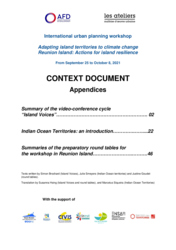
Context Document - Island Territories / La Réunion - Appendices
-
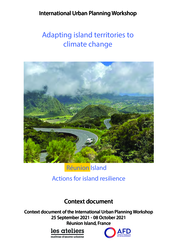
Context Document - Island Territories / La Réunion
-
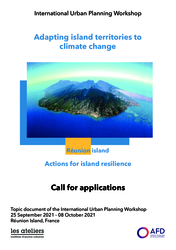
Call for applications : Island Territories - Réunion Island
-
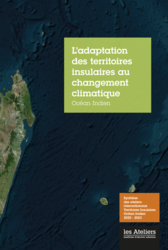
Synthèse Territoires Insulaires - Océan Indien
-
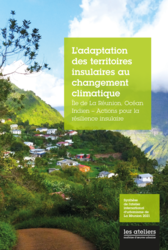
Synthèse Territoires Insulaires - La Réunion
-
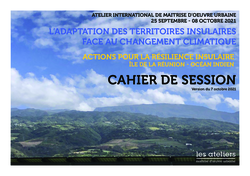
Atelier Territoires Insulaires - Cahier de session
-
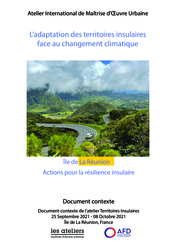
Dossier de contexte - Territoires Insulaires La Réunion
-
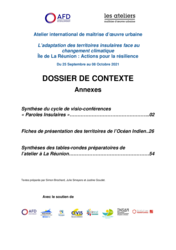
Dossier de Contexte Territoires Insulaires La Réunion - Annexes
-
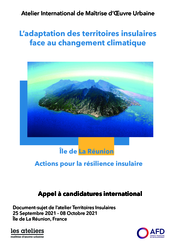
Appel à candidatures : Territoires Insulaires - Île de La Réunion
staff
Scientific pilots:
Jean Grébert, mobility expert and architect
Ning Liu, architect and urban researcher
Christophe Bayle, architect and urban planner
Assistant pilot:
Jeanne-Marie Fontaine, architect
Julie Smeyers, international cooperation
Director of projects:
Véronique Valenzuela, geographer and urban planner
Coordinator:
Simon Brochard, geographer and historian


